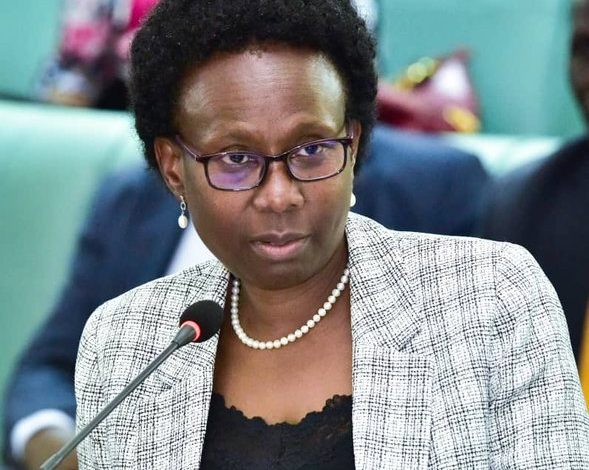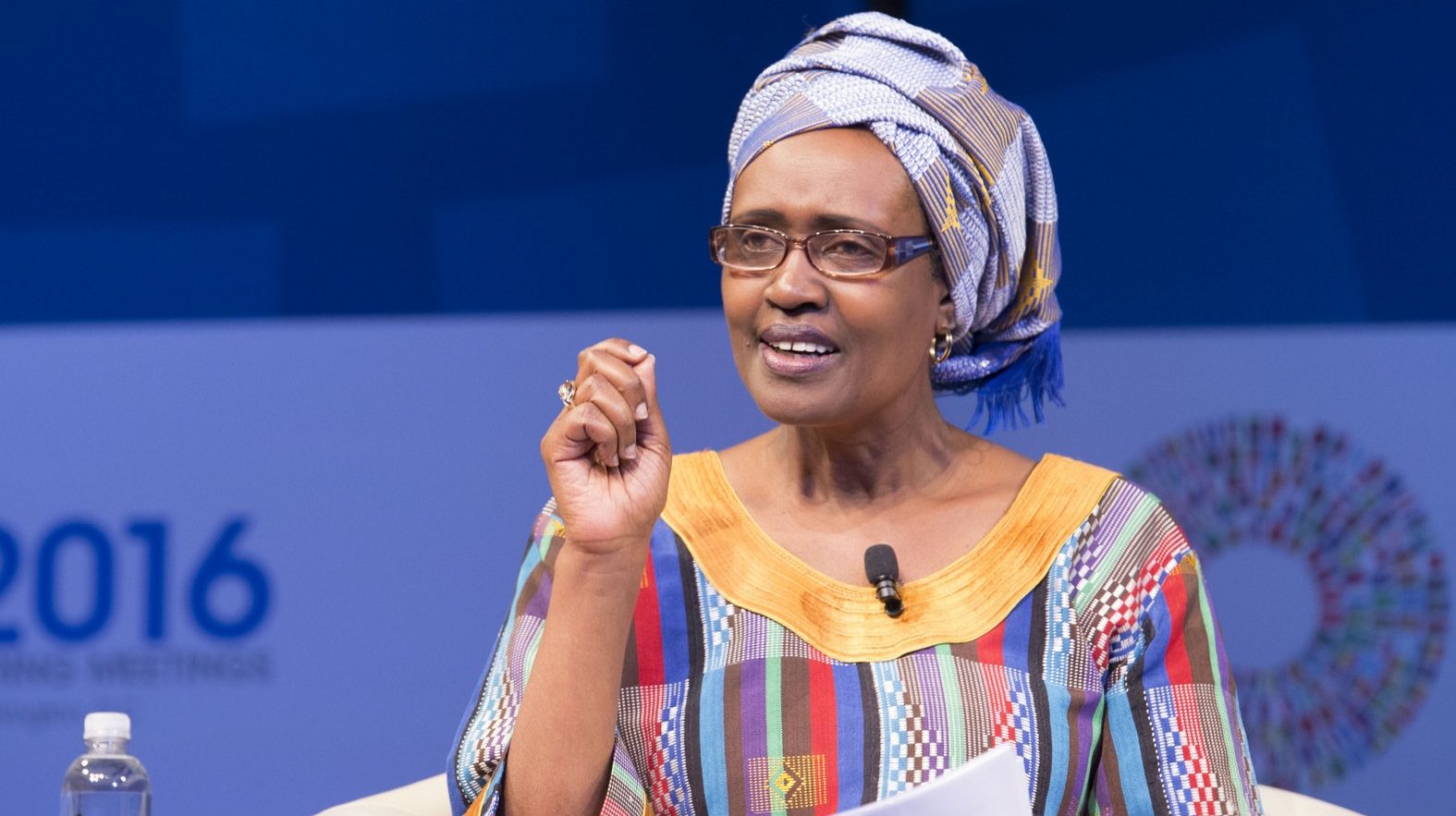Health minister blames finance ministry for delayed medicine deliveries
Aceng also cited the erosion of available resources resulting from Ebola distribution activities as well as inadequate budgeting amidst increased distribution costs, especially on fuel prices.

The shortage of essential medicine and medical supplies in health facilities has been attributed to a lack of funds to enable National Medical Stores (NMS) to ensure product delivery.
According to the Minister for Health, Jane Ruth Aceng, a directive by the Ministry of Finance in the Financial Year 2019/2020 that all financial transactions of NMS be effected through the IFMS system, took away its flexibility.
She said this during the House sitting on Wednesday, 01 February 2023.
She added that NMS is unable to have funds required for the delivery of medicines and medical supplies by the first day of every quarter, yet such deliveries are a continuous process that should not stop.
#VIDEO🎥: Minister @JaneRuth_Aceng says @nmsuganda should be treated as a special entity which should get funds on the first day of the quarter. #PlenaryUg pic.twitter.com/7fuZL3ZzpX
— Parliament of Uganda (@Parliament_Ug) February 1, 2023
“With specific reference to this financial year, actual funds for the first quarter were not available to NMS until August 2022. In the second quarter, funds were not available until the first week of November 2022,” Aceng said.
“It has also been noted that the Ministry of Finance, in honouring payments, usually picks out some and leaves others. In most cases, those left have a direct effect on the delivery of essential medicines and medical supplies which frustrates service delivery,” the Minister added.
She noted that the Ministry of Finance insisted that the funds are first deposited in the Consolidated Fund which she said has made NMS unable to deliver medicines and supplies from development partners including ARVS and antimalarials.
“Once such funds are deposited in the Consolidated Fund at the end of the financial year, the funds are forfeited instead of continuing to deliver medicines and supplies which are already in the warehouse,” Aceng said.
Aceng also cited the erosion of available resources resulting from Ebola distribution activities as well as inadequate budgeting amidst increased distribution costs, especially on fuel prices.






